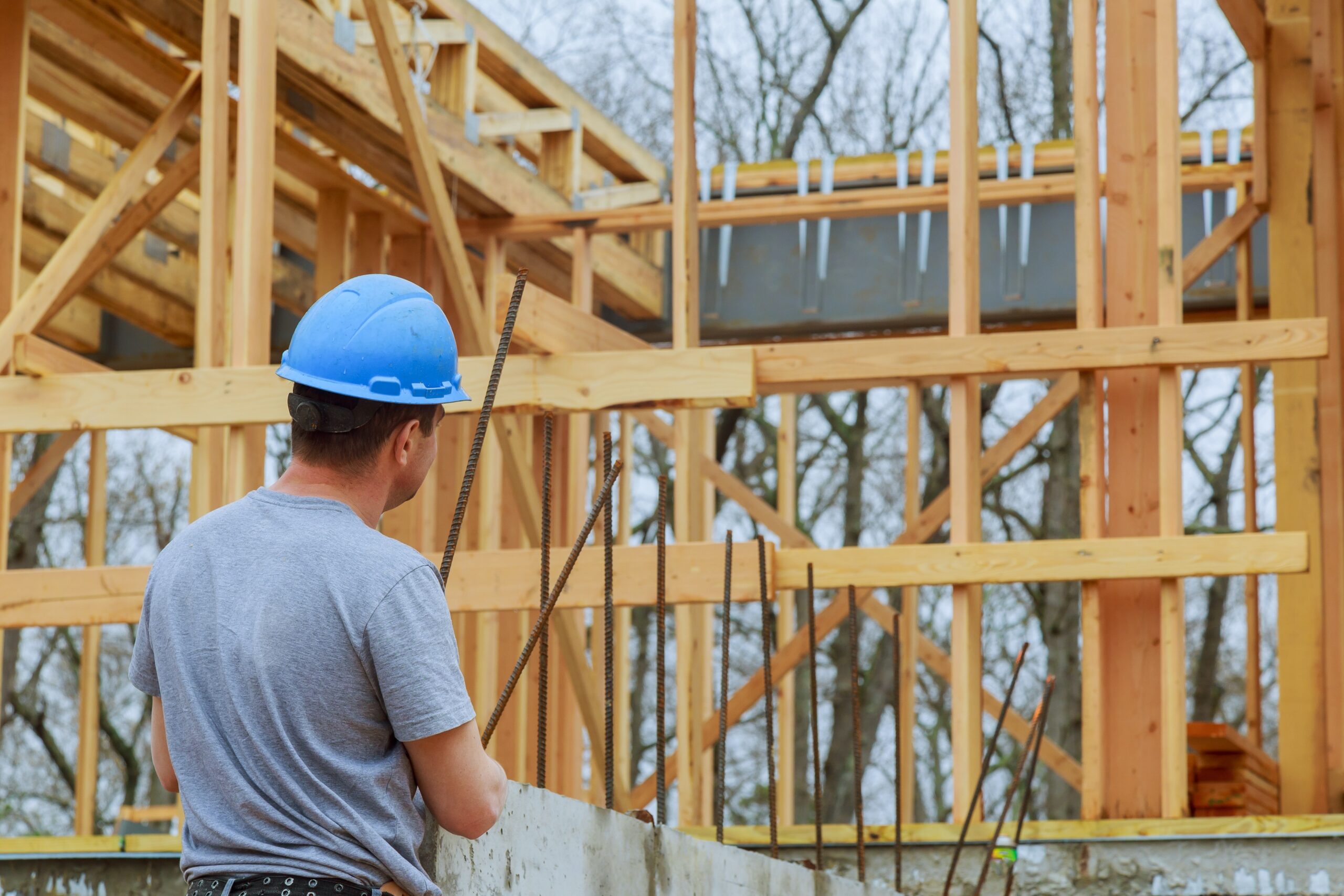The construction industry is known for its physical demands, tight deadlines, and high-pressure environments, all of which can contribute to a significant impact on the mental health of its workforce. According to the latest research conducted by Public Health England, the construction sector in the UK experiences the highest rate of mental illnesses, with suicide rates being 3.7 times higher for male construction workers when compared to other professions. As an employer in the construction sector, it is crucial to understand and address the mental health of your workforce, ensuring their well-being and productivity.
In this comprehensive guide, we delve into the various strategies and best practices for construction employers to support employees’ mental health. We will discuss the importance of implementing appropriate policies, support programmes, and preventive measures to tackle stress and burnout in the workplace. Make the mental well-being of your workers a priority, and foster a work environment that promotes healthy mindsets and improved overall productivity.
1. Understanding the Impact of Mental Health in the Construction Industry
The construction industry is characterised by various factors that contribute to mental health issues among workers. Long working hours, physically demanding tasks, high levels of stress, job insecurity, and adverse working environments can all take a toll on workers’ mental well-being. The risk is not only limited to workers at construction sites; all project stakeholders, including architects, engineers, and suppliers, can experience mental health challenges.
By understanding the nature and impact of work-related mental health issues, employers will be in a better position to identify problems and implement appropriate support structures. According to the Chartered Institute of Building (CIOB), mental health problems cost the UK construction industry approximately £1.4bn each year in terms of sickness absence and lost productivity.
2. Building a Mental Health Framework for the Construction Industry
Creating an environment that supports employees’ mental health should be a central aspect of an organisation’s management strategies. Employers can consider several key elements when developing mental health frameworks for the construction industry.
- Policy and Leadership: Top management should adopt a proactive approach to addressing mental health concerns by implementing policies that prioritise employee well-being. This includes developing strategies to address work-related stressors, providing employee assistance programmes, and promoting a work culture that supports and respects mental health.
- Awareness and Training: Mental health awareness campaigns conducted within construction companies can help break down the stigma surrounding these issues and promote open dialogue within the workforce. Employers can invest in mental health and well-being training programmes to equip staff and managers to assist colleagues in need of support.
- On-site Mental Health Support: Providing on-site mental health support services, such as a dedicated mental health first aider or regular visits from counsellors, can offer staff immediate assistance when facing mental health challenges.
- Flexible Working Arrangements: Implementing flexible working arrangements can be instrumental in reducing workplace stress. Flexibility in working hours and locations, where feasible, can help employees maintain a healthy work-life balance and better manage their mental health.
3. Mental Health Resources and Support Programmes for Construction Workers
There is a growing recognition of the importance of mental health support and resources within the construction industry. Multiple organisations offer targeted assistance programmes tailored to address the unique challenges faced by construction workers.
- Mates in Mind: Mates in Mind is a UK-based charity focused on improving mental health within the construction industry by providing awareness, support, and guidance to construction firms and their employees.
- Building Mental Health: Building Mental Health is an industry-wide initiative designed to foster positive mental health cultures within construction companies. It provides a range of tools and resources, including mental health first aider training, awareness campaigns, and management guides.
- The Lighthouse Construction Industry Charity: This charity offers a 24/7 confidential helpline to support construction professionals experiencing mental health crises, providing critical assistance in times of need.
By tapping into these resources, employers can go a long way in supporting and promoting better mental health within their organisations.
4. Monitoring and Evaluating Mental Health Interventions
Once policies and support programmes have been implemented, it is essential to regularly monitor and evaluate their effectiveness in addressing mental health needs within the company. Key performance indicators (KPIs) related to employee morale, absenteeism rates, and staff turnover can provide valuable insights into the impact of mental health interventions on the workforce.
Surveys and focus group discussions that solicit staff feedback can also help identify areas of improvement, enabling employers to refine their mental health support strategies continually.
5. The Role of Industry Collaboration in Supporting Construction Workers’ Mental Health
The construction industry can come together to address mental health challenges within the sector collectively. Collaboration through industry associations, partnerships with mental health organisations, and sharing best practices among construction firms can contribute to driving the mental well-being agenda to the forefront.
The “Construction Industry Summit” in the UK is an example of an industry-wide event where mental health has emerged as a primary topic of discussion, highlighting the importance of collaboration to tackle mental well-being in construction.
Embrace a Mentally Healthy Construction Workplace
Prioritising mental health in the construction industry is imperative for ensuring the well-being and productivity of the workforce. Employers can make a positive impact by implementing mental health frameworks, providing resources and support programmes, and collaborating with industry partners to tackle this crucial issue. By understanding the unique mental health challenges within the construction sector, organisations can create a healthier, more supportive work environment where employees feel valued and empowered.
Ready to enhance the mental well-being of your construction workforce? Explore CR Training’s range of mental health training solutions that are tailored to meet the specific needs of the construction industry. Let’s work together to build a future where mental health is a priority, fostering a resilient and thriving construction sector.

